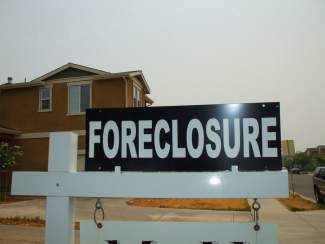4 Comments
How much money is paid in cash for keys? There is no set minimum or maximum payout although the general range is $500-$5,000 depending on the lender. Usually the amount is based on the value of the home. A $500 offer may be for a house worth $100,000 or less whereas a $5,000 offer is usually reserved for houses worth $1 million or more. A typical $250,000 house may warrant an offer of $2,500 or more.
What is an example of a Short Sale? A typical example is where the house is worth $200,000 and the mortgage payoff is $225,000. The mortgage holder may agree to accept only $188,000 after the realtor is paid.
A more complicated example may involve a first and second mortgage. Say the house is worth $300,000, the first mortgage payoff is $310,000, and the second mortgage payoff is $40,000. The first mortgage company may agree to accept $270,000 and the second mortgage company may agree to accept the remaining $12,000 after the realtor is paid.
What are the Pros of a deed in lieu?
|





